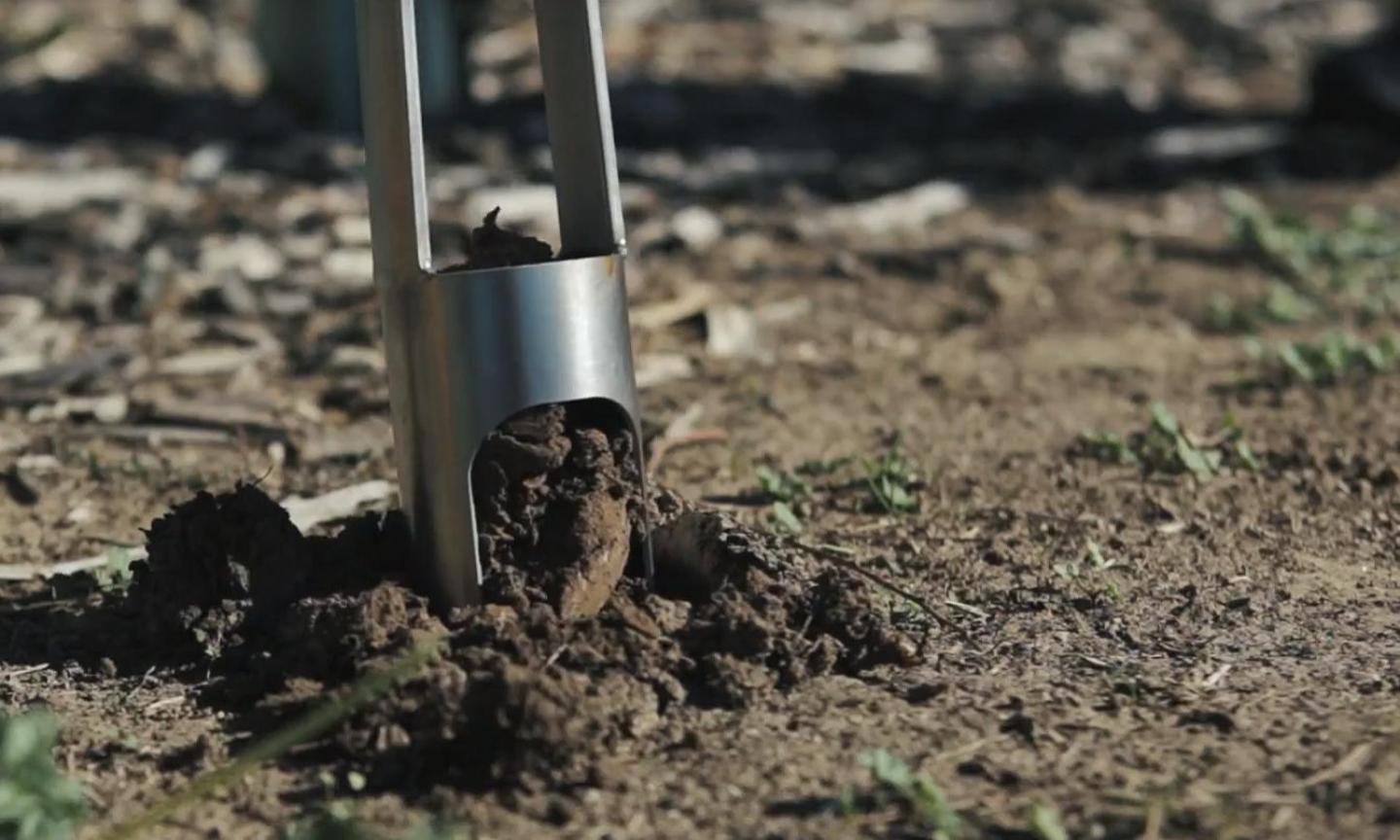This project aims to discover patterns of chemical markers in soil that indicate whether or not it is polluted.
Grants and funding: EPA Victoria’s HazWaste Fund and ACLCA are jointly funding this project.
Budget: $253,484
Some soils are naturally high in metals, but not polluted and therefore not a high risk for human health or the environment. Currently, there is no means by which industry can differentiate between natural and polluted soils.
This means that natural soils on development sites are dug up and sent to landfill, at great expense to the urban development and construction industry. The initial research focuses on Victoria, but has much broader, worldwide implications. Researchers will create chemical and statistical tools that can determine whether soil is natural or polluted.
By the time the project is completed large areas of land in Melbourne, Geelong and Ballarat will have chemical markers in place. This is set to save millions of dollars each year in soil assessment and remediation costs.
Co-director Dr Suzie Reichman is leading this three-year project, in partnership with the Australian Contaminated Land Consultants Association (ACLCA).
Partners
- Australian Contaminated Land Consultants Association (ACLCA)
